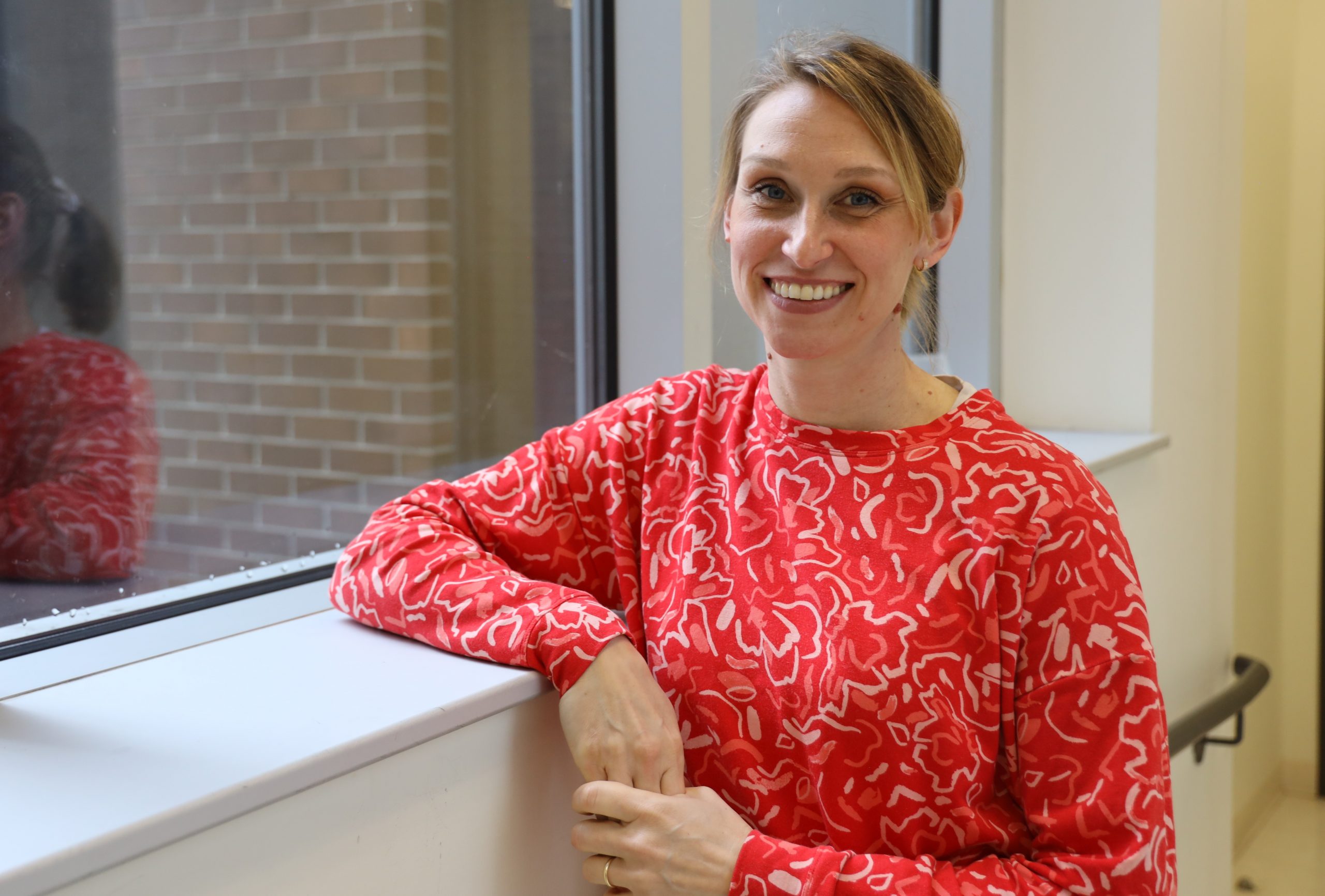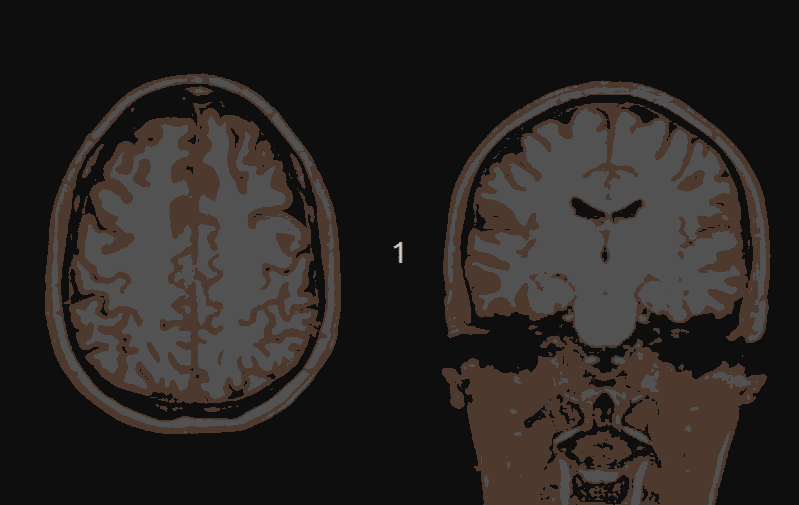Fitness
Audibility and Aging Brains: How Hearing Loss Increases Risk of Dementia | Carleton Newsroom

Hearing loss is a common yet often overlooked aspect of aging, with statistics suggesting that most individuals over 50 and nearly all individuals over 70 will experience some degree of hearing impairment.
This issue is not limited to audibility but extends to cognitive function, with hearing loss being one of the highest risk factors for developing dementia.
Imola MacPhee, a clinical audiologist and PhD student in Carleton University’s Department of Cognitive Science, is using brain imaging to reveal how hearing loss affects cognition, particularly in aging adults.
“We want to get to the bottom of how the brain changes when there is hearing loss and how you can decrease your risk of cognitive decline,” MacPhee says.
Imola MacPhee, a clinical audiologist and PhD student in Carleton University’s Department of Cognitive Science (Photo by Brenna Mackay)
Hearing Loss and Dementia
MacPhee’s work takes place in Carleton’s CANAL Lab, alongside lab director and cognitive science professor John Anderson. The lab studies the interaction of lifestyle and contextual factors (e.g., time of day, caffeine, and mood) to help optimize cognitive performance in older adults.
MacPhee is spearheading the hearing loss project to reveal the link between hearing loss and cognitive decline – specifically the development of dementia. To inform her research, MacPhee and Anderson are conducting brain imaging tests at the Royal Ottawa Mental Health Centre.
“We use functional MRI, structural MRI and diffusion MRI to observe changes in brain structure, connectivity and activity when individuals engage in various cognitive and hearing tasks,” MacPhee explains.

What they’ve found is an individual’s hearing capacity can affect the brain’s anatomy. One change observed is the thickness of the cerebral cortex – the outer layer of the brain responsible for higher cognitive functions. Cortical thickness has proven to be a biomarker used to predict the progression of dementia.
Some of MacPhee’s tests also include stimulation exercises, where subjects listen to certain sounds while their brain activity is monitored in central areas – such as the auditory cortex which is responsible for processing sound.
“By observing the brain’s response to these stimuli, we can map out the regions of the brain that are involved in auditory processing and how they are affected by hearing loss,” MacPhee says.


)






